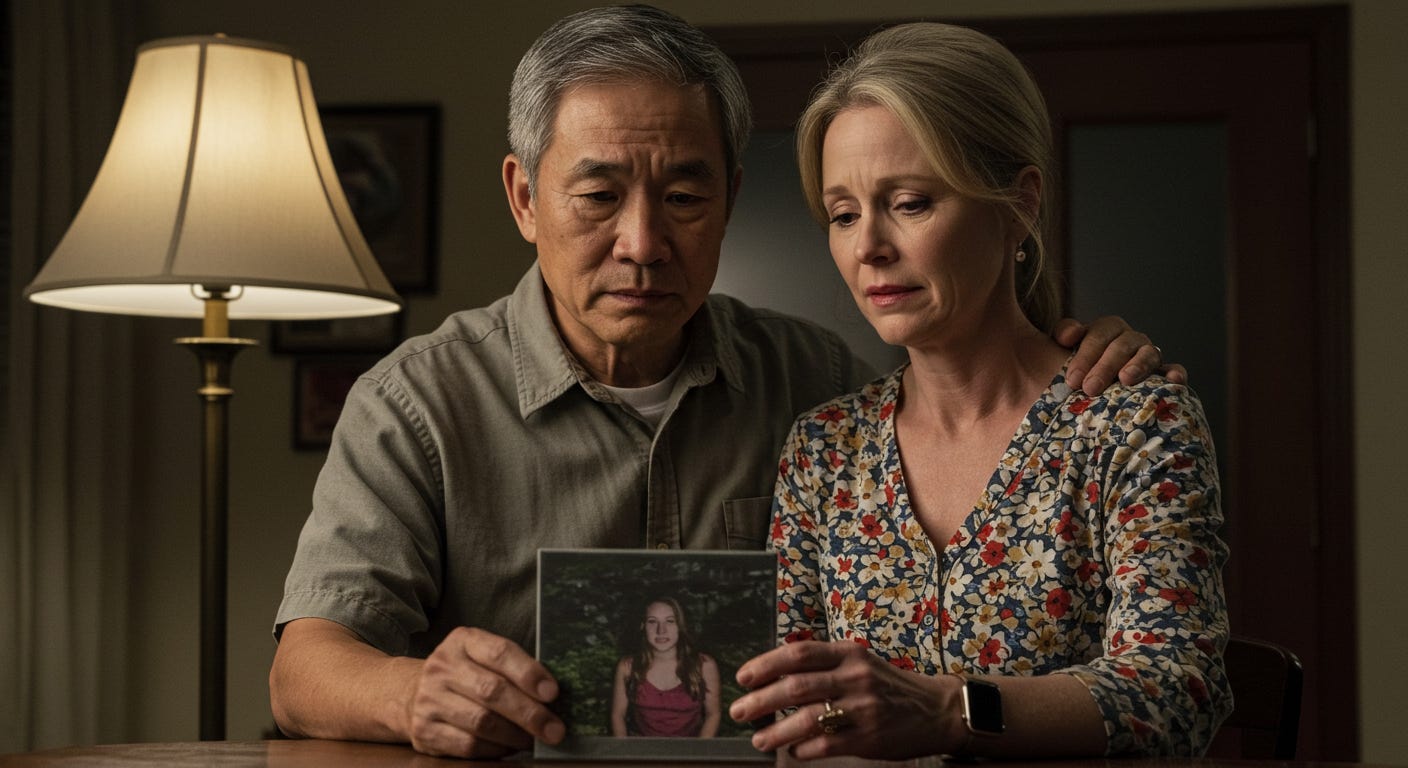When Missing Isn't Criminal
The Critical Gap in How Authorities View Missing Teens #25 Of 55 Things Parents and Grandparents Should Know
Editor’s Note:
Point #25 of "55 Things Parents and Grandparents Should Know" reveals a troubling reality for families of missing teens
When a child goes missing, most parents naturally assume law enforcement will immediately mobilize all available resources to find them. However, child protection expert Dottie Laster reveals a startling gap in how many police departments approach these cases - especially when the missing person is a teenager or young adult.
The Civil vs. Criminal Distinction
In point #25 of her essential guide for parents, Laster highlights a critical issue that catches many families off guard during their most vulnerable moments:
"Many police departments do not consider missing teens or young adults a criminal issue, but rather more of a civil issue."
This distinction has profound implications for how these cases are handled in those crucial first hours and days. As Laster explains in her video commentary:
"If your kid goes missing, police don't necessarily consider there to be a crime, so they're not gathering evidence, they're not looking at it the way they look at normal cases."
Drawing from her extensive experience training police departments across the United States, Laster emphasizes that this isn't just an occasional problem but a systemic issue: "I'm speaking from experience, they don't often look at this as a criminal matter."
The Burden on Parents
This procedural reality creates an additional burden for already distressed parents. While they're experiencing what may be the worst moment of their lives, they must also become active investigators.
"It's up to you to gather evidence," Laster advises. "They can only work with what you give them."
Parents need to prove their child is in genuine danger - a daunting task when emotions are running high and time is of the essence. Finding evidence of inappropriate communication, concerning images, or suspicious contacts becomes the family's responsibility.
"You need to prove to them that your child's in danger, that somebody is doing something they shouldn't, that you find some crime hidden within their messages," she explains.
The challenge is compounded because police often require warrants or subpoenas to access digital information that parents might be able to find more quickly through their child's devices or accounts.
"They can get it, but they need a subpoena, they need some time, and you want it now," Laster points out.
Preventative Measures
Laster's advice doesn't just apply to crisis situations. She strongly advocates preventative monitoring:
"Keep up to date on where your kids are posting online, keep up to date on their usernames and passwords and profiles and platforms they're on."
Her stance on digital privacy within families is unambiguous: "Check their messages. I give you permission - spy on them. You must!"
This recommendation comes from understanding the sophisticated nature of those who target young people: "They are up against monsters that you can't imagine that you yourself wouldn't be able to outmaneuver, so don't expect them to do it on their own."
Creating Momentum
When a child does go missing, Laster recommends a collaborative approach with law enforcement rather than an adversarial one:
"If you call me and say 'Well, the police aren't doing anything,' well, I understand, but we also need to give them momentum. We need to give them evidence to work with, and then we can pressure them to move forward."
The goal, she explains, is to elevate the case beyond administrative processing: "You need to help them, you need to get the evidence that lets them know 'Hey, we've got to bump it up to a detective and not just a civilian that's putting their information in a database.'"
A Call to Vigilance
Laster concludes with a sober reminder of what's at stake: "This is tough folks, this isn't a game, this is real life."
Her final advice emphasizes the need for comprehensive oversight: "Keep an eye on your kids, watch where they are online, watch who they communicate with, watch who they hang around with. I mean, you got to spot check everything."
For parents and guardians, understanding how missing persons cases are classified and processed by law enforcement isn't just helpful information, it could be the knowledge that helps bring a child home safely when moments count.
For more information on keeping children safe from online predators and human trafficking, visit TraffickingVictimRescueCentral.com and read Dottie Laster's complete guide, "55 Things Parents and Grandparents Should Know."








Extremely important information! Every child is a possible target, every parent needs to know what to do in the worst case scenario. It’s often law enforcement who they put all their trust in, and that in itself sets them up for a let down. They must collaborate, provide any assistance possible and don’t expect police to carry the whole load.